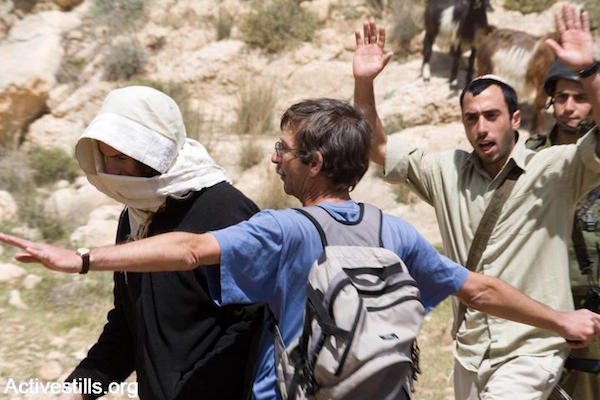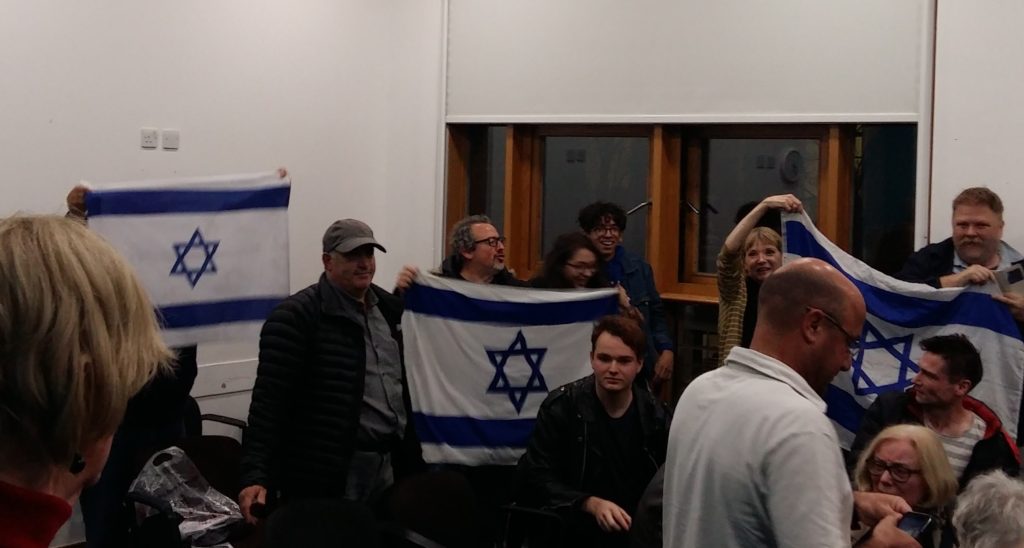Jonathan Rosenhead
This letter appeared in the Guardian on 29 December 2017
Jo Johnson has decided to grasp the nettle of free speech at universities (Students attack no-platform threat, 27 December). It’s a prickly subject.
The minister seems to have “no-platforming” by student unions in his sights. However, there is a major free-speech failure by the universities themselves that is easier to fix. For some years now universities, not the student unions, have been routinely obstructing campus events that focus on Palestinian rights and their denial by Israel. The government’s own adoption of the discredited IHRA definition of antisemitism a year ago has fuelled this, with play-safe administrations seemingly unclear about the difference between anti-Zionism and antisemitism. It was Jo Johnson himself who instructed Universities UK to send this definition round to all universities – with a pointed suggestion that they adopt it for internal use. No single act in recent years has been less helpful to free speech in universities. Continue reading “Jo Johnson – Free Speech on everything except Israel”



 On the evening of November 28th, 2017 the New School for Social Research in Manhattan, an institution long devoted to progressive politics and cultural critique, held an event entitled “Antisemitism and the Struggle for Justice.” It was in part a celebration of the book On
On the evening of November 28th, 2017 the New School for Social Research in Manhattan, an institution long devoted to progressive politics and cultural critique, held an event entitled “Antisemitism and the Struggle for Justice.” It was in part a celebration of the book On 
